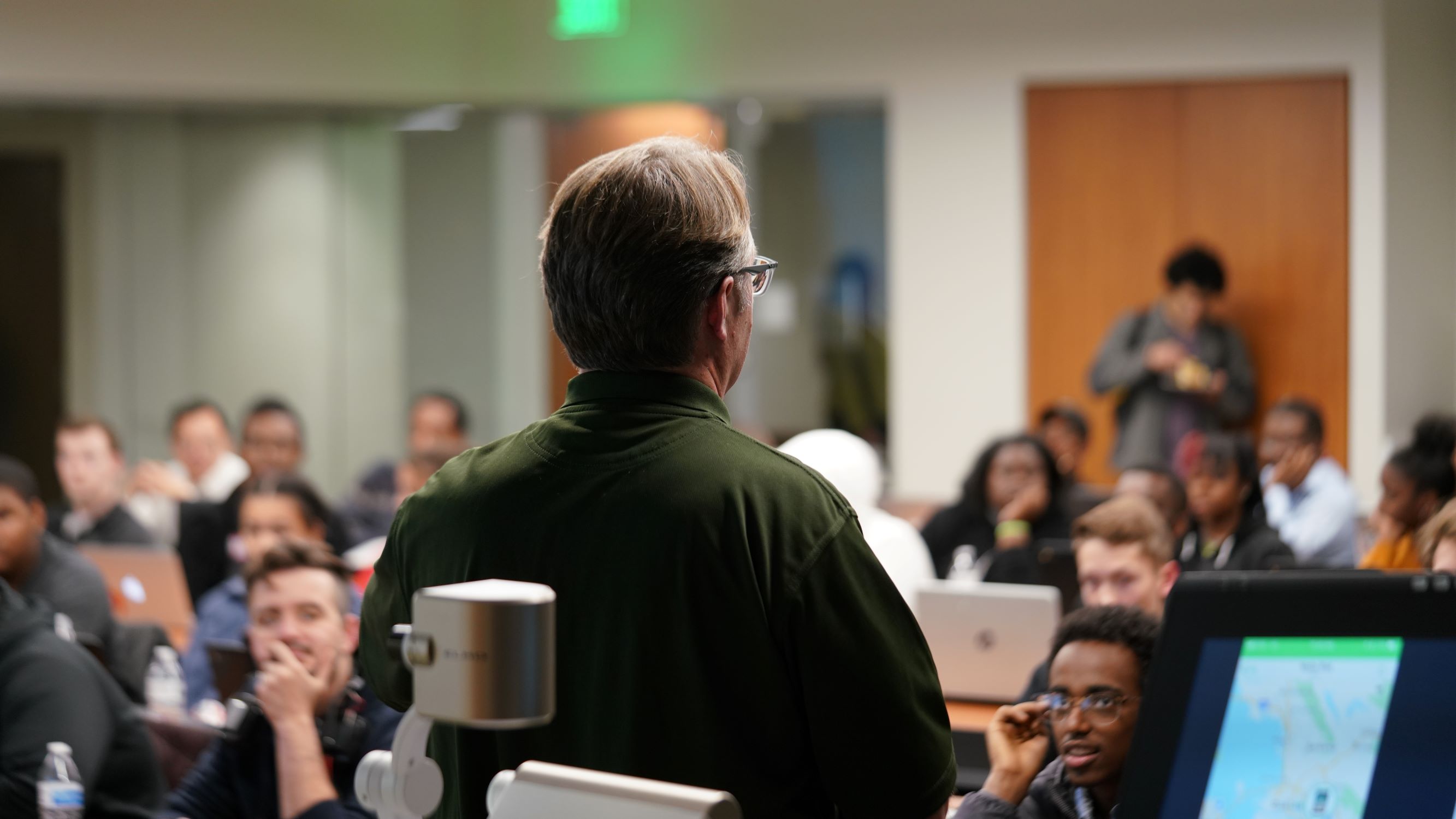 Busyness is like the effort to crack a safe. You keep turning the tumbler thinking eventually something will “click” and unlock success.
Busyness is like the effort to crack a safe. You keep turning the tumbler thinking eventually something will “click” and unlock success.
Organizations can develop the work ethic of a burglar when it comes to busyness. Often thinking if they stay busy something will “click” and growth will happen.
But busyness never works because:
Busyness is a passive approach.
By keeping an organization busy you are passively allowing the “to do” list to determine priorities.
It’s easy for a busy organization to hide behind tasks because it looks like a lot is getting accomplished. But in busy organizations accomplishment is not the problem.
Prioritization of accomplishment is the problem.
Leaders who want to do more than lead a busy organization will prioritize their “to do” list based on what’s important.
Busyness is an avoidance approach.
At some point, everyone has been tempted to stay busy with one task because they were avoiding another task.
Organizations that value busyness reward people for documenting rather than measuring their activity.
For years, I worked for an organization that required employees to fill out an accountability sheet in order to receive a paycheck. At the end of the year each employee was given back 52 weeks of accountability sheets. There was never any assessment that measured time documented vs. goals achieved. The clear message from this weekly accountability sheet was: Just stay busy!
As Janet Choi points out, “We’ve begun to regard busyness as a virtue…It’s easy, even enticing, to neglect the importance of filling our time with meaning, thinking instead that we’ll be content with merely filling our time. We self-impose these measures of self-worth by looking at quantity instead of quality of activity.”
Measuring activity qualitatively and not just quantitatively communicates that progress is about moving forward not moving in circles.
Busyness is an entitlement approach.
Staying busy can create a feeling of entitlement because eventually you feel like you deserve some progress for all the effort you have exerted.
You come in early and stay late…
You get projects done ahead of time…
You take on more than your co-workers…
Surely all that activity will lead to some advancement.
This is where the safe-cracking mentality is in operation. Busyness is driven by a belief system that people who stay busy eventually make progress.
This is not true. Activity alone does not determine advancement. Prioritized and measured activity determines advancement.
If you want your organization to “break the code” on success, start by arresting a work ethic of busyness.
For recommendations on how to eradicate busyness in your organization read the article Busy is The New Lazy by Drake Baer.







